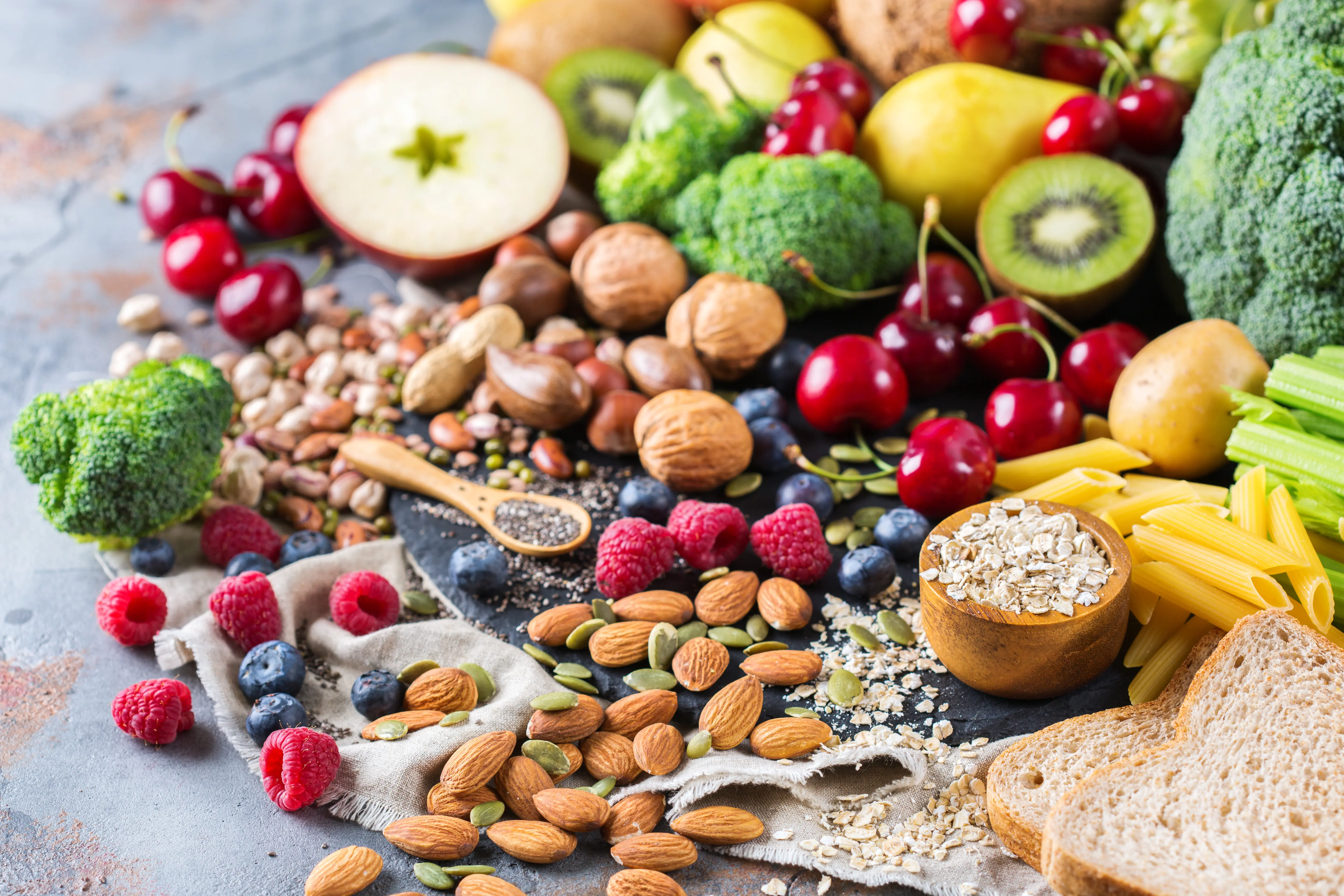Nutritional Power: Key Nutrients for Lasting Energy
Nutritional Power: Key Nutrients for Lasting Energy
Our bodies need the right fuel to function properly. This fuel comes from a balanced diet rich in vitamins and minerals that help produce and maintain energy, as well as support overall health.
A diet rich in essential nutrients supports both heart health and overall well-being, often leading to increased energy and an improved mood. However, it's important to note that consuming more of these nutrients won't provide extra benefits if your body already has sufficient levels.
Iron
Iron deficiency is one of the most common causes of anemia. Without sufficient iron, the bone marrow cannot produce hemoglobin, the oxygen-carrying protein in red blood cells. This results in insufficient oxygen being transported to the tissues, leading to fatigue.
Iron is found in red meat, chicken, seafood, dried beans, lentils, spinach, kidney beans, peas, nuts, and dried fruits. However, iron from animal sources is more easily absorbed by the body.
Iron deficiency is particularly common in women who lose blood during each menstrual period and during pregnancy. Approximately 20% of pregnant women develop anemia. In such cases, iron-rich foods and supplements recommended by a doctor can help correct the deficiency. However, taking supplements does not provide any benefit for individuals with normal iron levels; on the contrary, it can accumulate in the liver, heart, and other organs, leading to various problems, including fatigue.
Magnesium
Magnesium is an essential mineral that contributes to the function of over 300 enzymes in the body and plays a vital role in many physiological processes, including bone health and nerve function. It acts as an important electrical conductor, regulating muscle contractions and heart rhythm. About 60% of the body’s magnesium is stored in the bones, while the rest is found in soft tissues and blood.
In terms of energy, magnesium contributes significantly to the conversion of food into usable energy. It plays a crucial role in the production of ATP (adenosine triphosphate), the main energy carrier in the body. Without enough magnesium, the body may struggle to maintain energy levels, potentially leading to fatigue or weakness.
Magnesium-rich foods include nuts (especially almonds and peanuts), pumpkin seeds, leafy greens like spinach, whole grains, legumes, and bananas. While dietary magnesium is considered safe, excessive supplementation may cause side effects such as diarrhea, cramps, and nausea.
Vitamin B12 and Folic Acid
Vitamin B12 and folic acid play a critical role in red blood cell production. Deficiencies can lead to anemia. Vitamin B12 deficiency is particularly common in older adults, as absorption becomes more difficult with age.
Vitamin B12 is found in fish, meat, poultry, eggs, milk, and dairy products. Vegans and vegetarians are at higher risk of deficiency. Additionally, intestinal diseases and certain medications (such as long-term metformin use) can impair absorption.
In cases of deficiency, B12 supplements or injections may be beneficial. However, taking extra B12 does not increase energy levels in individuals with normal B12 levels.
Vitamin D
Low vitamin D levels have been linked to fatigue, muscle weakness, and low mood. There is also evidence that it may increase the risk of cancer, heart disease, and diabetes.
Vitamin D is synthesized in the skin through exposure to sunlight. It can also be obtained from fortified foods such as fatty fish (salmon, mackerel, tuna), milk, plant-based milk alternatives, and breakfast cereals.
It is recommended to choose forms of vitamin D that are easier to absorb in older adults.
Iron, magnesium, vitamin B12, folic acid, and vitamin D are critical for energy production and a healthy life. However, rather than taking unnecessary supplements of these vitamins and minerals, the best approach is to consult a doctor if you suspect a deficiency.
SOURCE
https://www.health.harvard.edu/nutrition/best-vitamins-and-minerals-for-energy
https://www.health.harvard.edu/staying-healthy/boosting-your-energy


